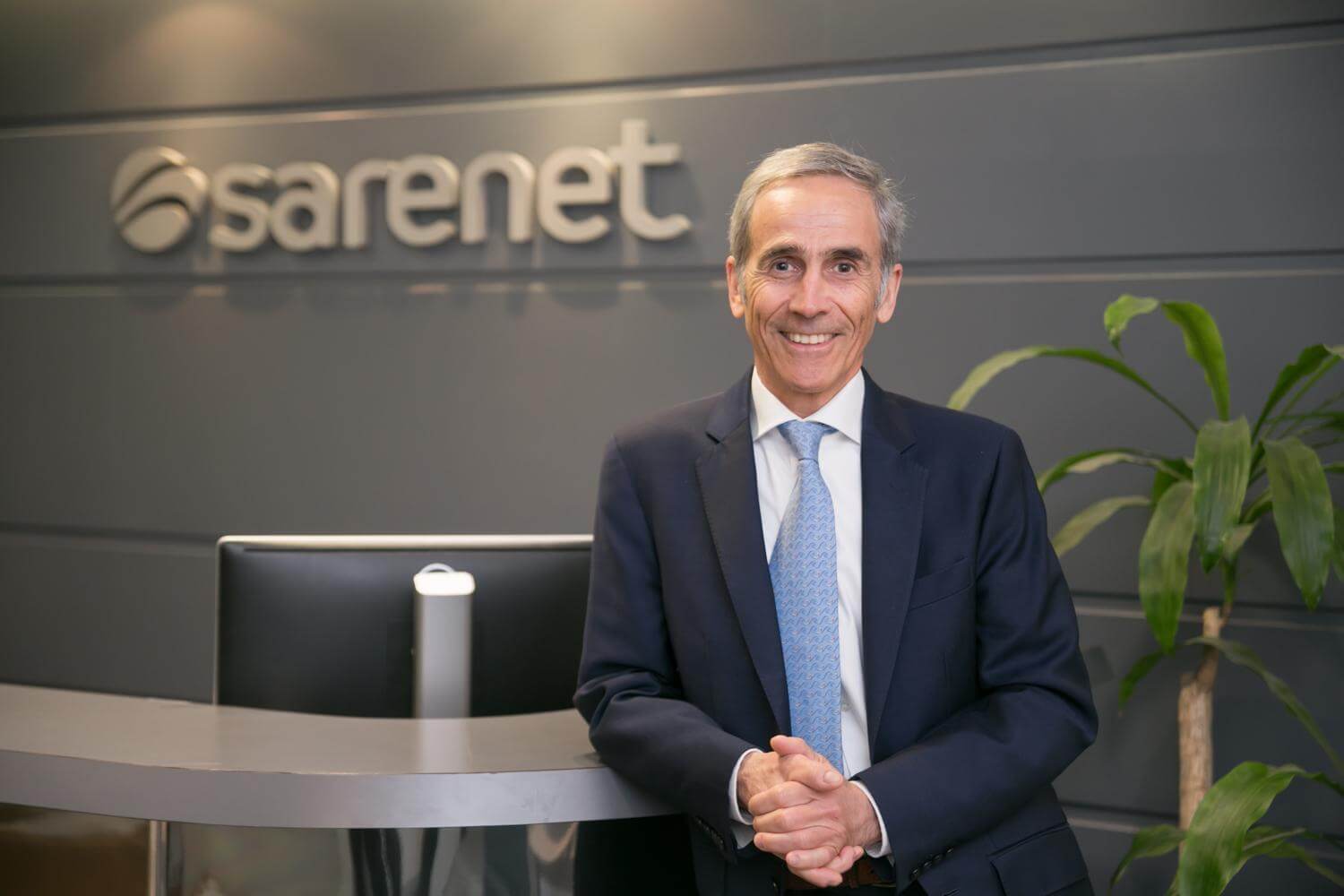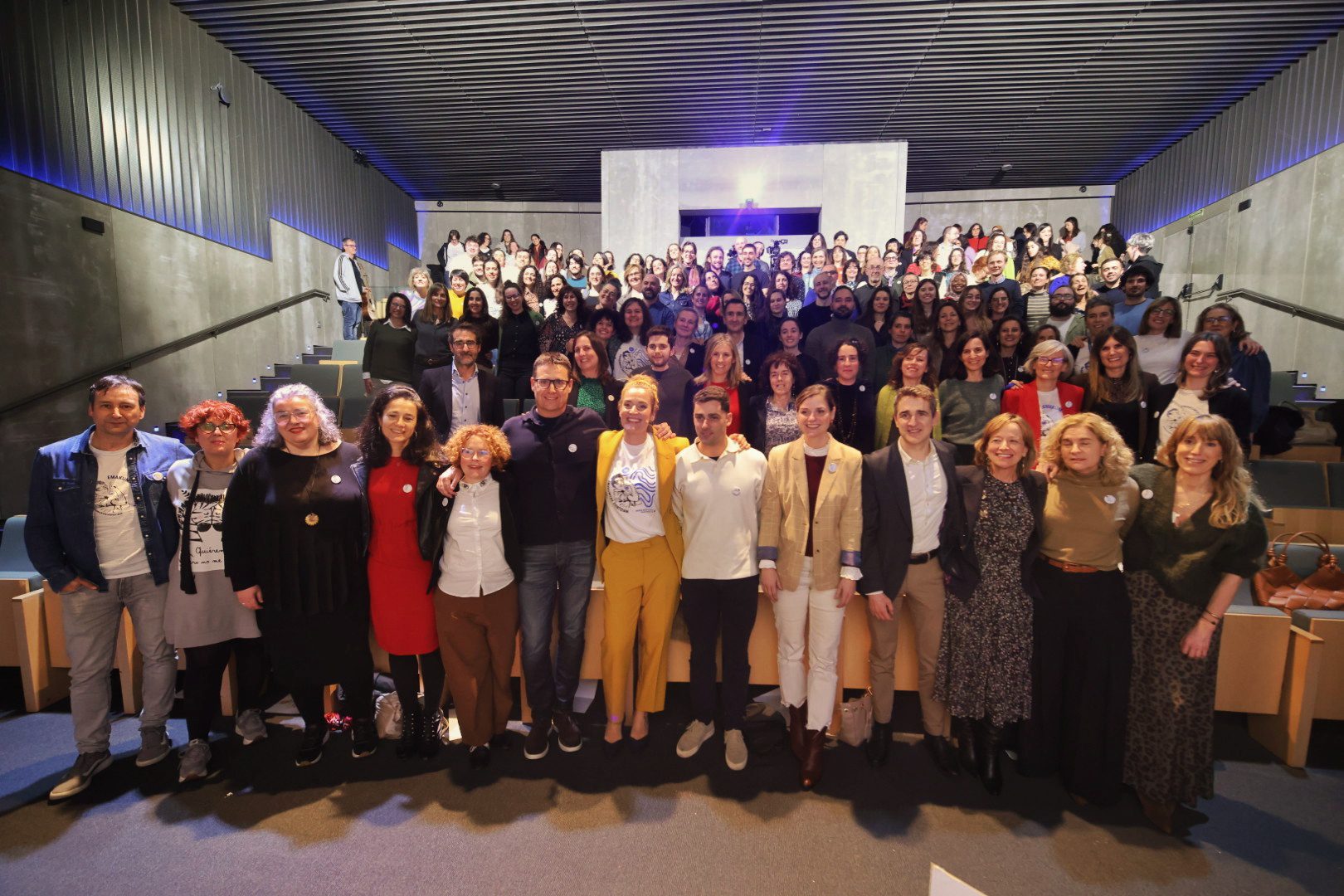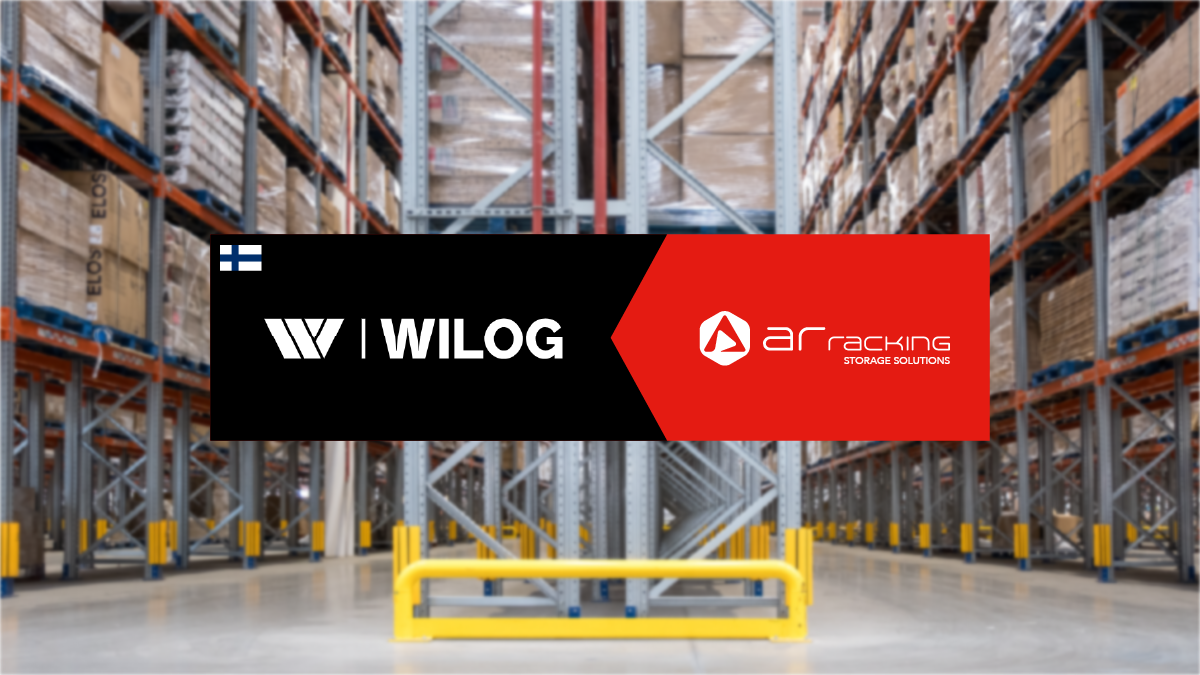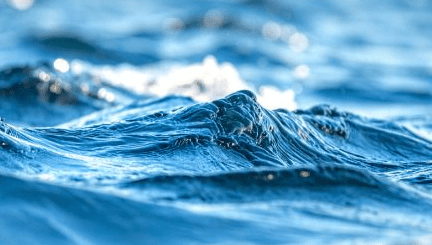GAIKER is working on the development of innovative bioremediation technologies
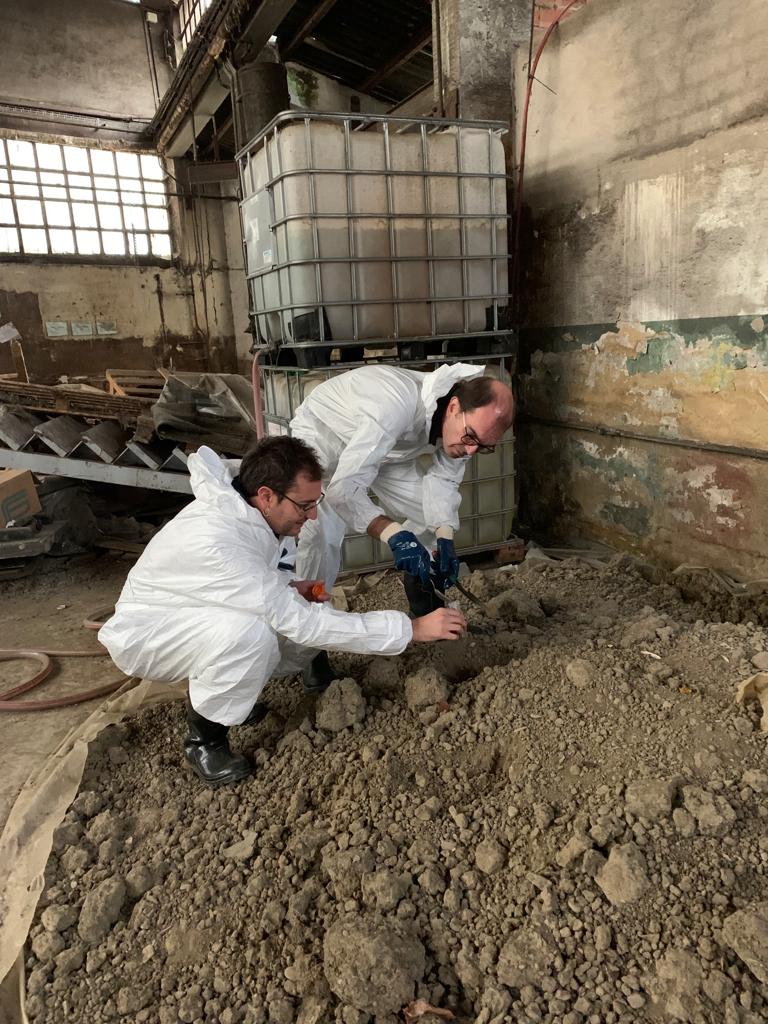
The European project Symbiorem studies the simultaneous use of two or more bioremediation technologies to revitalise soils, sediments, surface water and groundwater
 Soil, sediment and water pollution is a problem that affects the quality of life, human health and the environment. There are different treatments to solve this problem, including bioremediation, which is a sustainable and ecological technique that uses microorganisms, plants and animals to help revitalise ecosystems.
Soil, sediment and water pollution is a problem that affects the quality of life, human health and the environment. There are different treatments to solve this problem, including bioremediation, which is a sustainable and ecological technique that uses microorganisms, plants and animals to help revitalise ecosystems.
With the aim of researching and developing a variety of innovative bioremediation technologies and analysing the efficiency of the treatment, using integrated combinations of two or more technologies, the European project Symbiorem has arisen, in which the GAIKER Technology Centre, a member of the Basque Research & Technology Alliance, BRTA, is participating.
The aim of this research is to improve the efficiency, sustainability, circularity and profitability of bioremediation and revitalisation strategies for soils, sediments, surface water and groundwater.
Pollution is a global problem that requires coordinated and joint efforts for its prevention and solution. Currently, in addition to chemical and physical remediation treatments, which often have negative effects and are not sufficient, bioremediation strategies using a single technology are used to restore ecosystems, which is also ineffective at sites with complex contamination. Therefore, the European project Symbiorem is investigating the use of two or more technologies in combination.
This research introduces the concept of a circular bioremediation system and is working on the development of twelve new technologies based on the use of microorganisms, microbiomes, enzymes, fungi, plants and aquatic animals selected to treat eight types of simple and mixed contamination, including the most common soil and water pollutants such as heavy metals, mineral oil, polycyclic aromatic hydrocarbons (PAH) and volatile aromatic hydrocarbons (VAH).
The GAIKER Technology Centre is coordinating the work package dedicated to the development of bioremediation and remediation strategies applied to contaminated soils. It will work on the isolation of indigenous hydrocarbon-degrading microorganisms and the evaluation of the remediation properties of the isolated microorganisms. It will also participate in the design, development and optimisation of biostimulation and cellular bioaugmentation treatments.
Likewise, GAIKER will tackle the task of genetic bioaugmentation, with the study of the modification of microorganisms to improve the metabolic routes of hydrocarbon degradation while granting them auxotrophic properties to increase the safety of their application in natural environments.
Funded by the European Union’s Horizon Europe programme and coordinated by the University of the Basque Country, this project will end in 2026.

